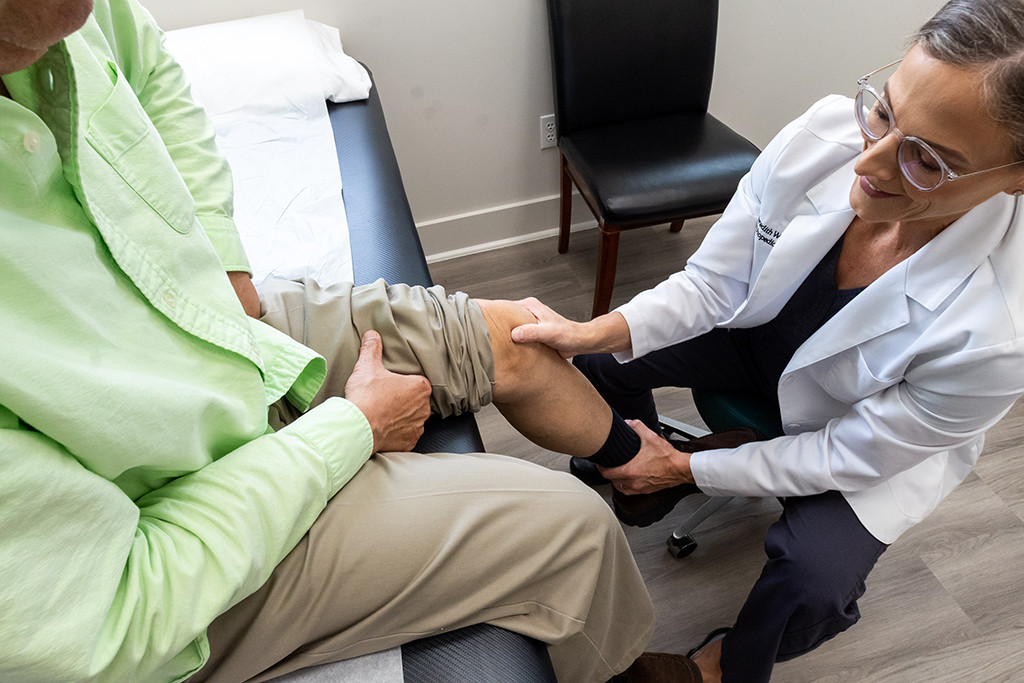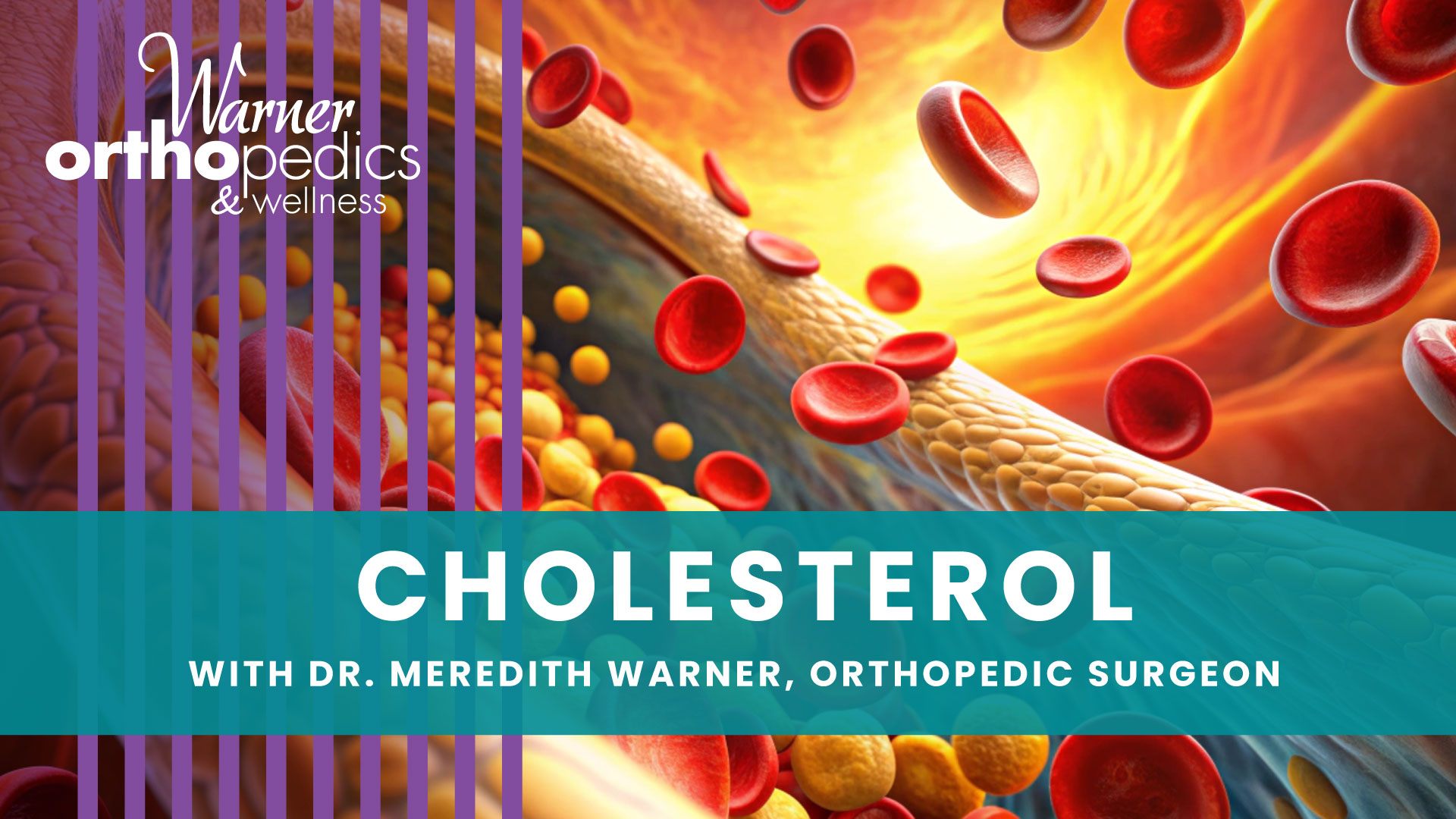Why This Orthopedic Surgeon Avoids Steroids

As an orthopedic surgeon, I have had numerous patients come to me seeking relief from pain and inflammation associated with a variety of musculoskeletal conditions. While steroid injections are a common treatment option, I have chosen to avoid using them whenever possible. In this post, I will explain why.

What Are Steriods
Steroids, also known as corticosteroids, are a class of drugs that mimic the effects of hormones produced by the adrenal gland. They work by reducing inflammation and suppressing the immune system. They are commonly used to treat a wide range of conditions, including arthritis, tendonitis, bursitis, and back pain.
They are also used to deal with the symptoms of a severe head cold and sinus infections. Steroids block an enzyme at the top of a chain of chemical reactions that eventually results in inflammatory protein production. By blocking the entire reaction series, the steroids are potent blocks of inflammation.

Steroid Risks
While steroids can be effective in relieving pain and inflammation, they are not without risks. Here are some of the reasons why I avoid using steroids in my practice:
- Increased risk of infection: Steroids suppress the immune system, making patients more susceptible to infections. This is particularly concerning in patients who are already immunocompromised, such as those with diabetes or HIV.
- Weakening of bones and tendons: Steroids have been shown to weaken bones and tendons, increasing the risk of fractures and tendon ruptures. This is particularly concerning in older patients, who are already at an increased risk of falls and fractures. I see too many patients that receive steroid injection after steroid injection for pain from other physicians. This will lead to poor quality bones and the associated problems.
- Weight gain: Steroids can cause weight gain, which can be particularly problematic in patients with joint pain and arthritis. Excess weight can put additional stress on joints, exacerbating symptoms. Steroids will cause the same response as would a massive release of cortisol, blood glucose with spike.
- Masking of underlying issues: Steroids can mask underlying issues that may require further treatment, such as infections or tumors. This can delay diagnosis and treatment, potentially leading to more serious complications.
- Short-term relief: While steroids can provide short-term relief from pain and inflammation, the benefits are often temporary. Patients may require repeated injections, increasing the risk of side effects.
- Steroids can actually damage cartilage and other connective tissues over time. Repeated injections into a joint can lead to worse arthritis for example.
Alternatives To Steroids
Instead of relying on steroids, I prefer to use other treatment options that have fewer risks and side effects. If a steroid is the only option, of course then it is appropriate. One of the issues is that most insurance companies only cover steroid injections. They do not cover more natural substances that control inflammation and pain without side effects. Here are some alternatives that I often recommend:
- Physical therapy: Physical therapy can help improve mobility, reduce pain, and strengthen muscles and joints.
- Platelet-rich plasma (PRP) therapy: PRP therapy involves injecting a patient’s own platelets into the affected area. Platelets contain growth factors that can promote healing and reduce inflammation.
- Natural Supplements: Products like our Tart Cherry Extract and Joint Health Multi are a great option and alternative to traditional NSAIDs that are known to wreak havoc on your body.
- Hyaluronic acid injections: These are synthetic injections that are approved for knee arthritis. They reduce inflammation and increase the ability of joint fluid to handle loads.
- Peripheral nerve stimulators: For chronic cases of pain that have failed other treatments, simply placing a tiny implant next to the nerve can provide lasting, safe, narcotic-free pain relief from problems like arthritis.
While steroids can be effective in treating pain and inflammation, they are not without risks. As an orthopedic surgeon, I prefer to avoid using steroids whenever possible and instead rely on other treatment options that have fewer risks and side effects. By working closely with my patients and tailoring treatment to their individual needs, I am able to help them achieve long-term relief from their symptoms.





